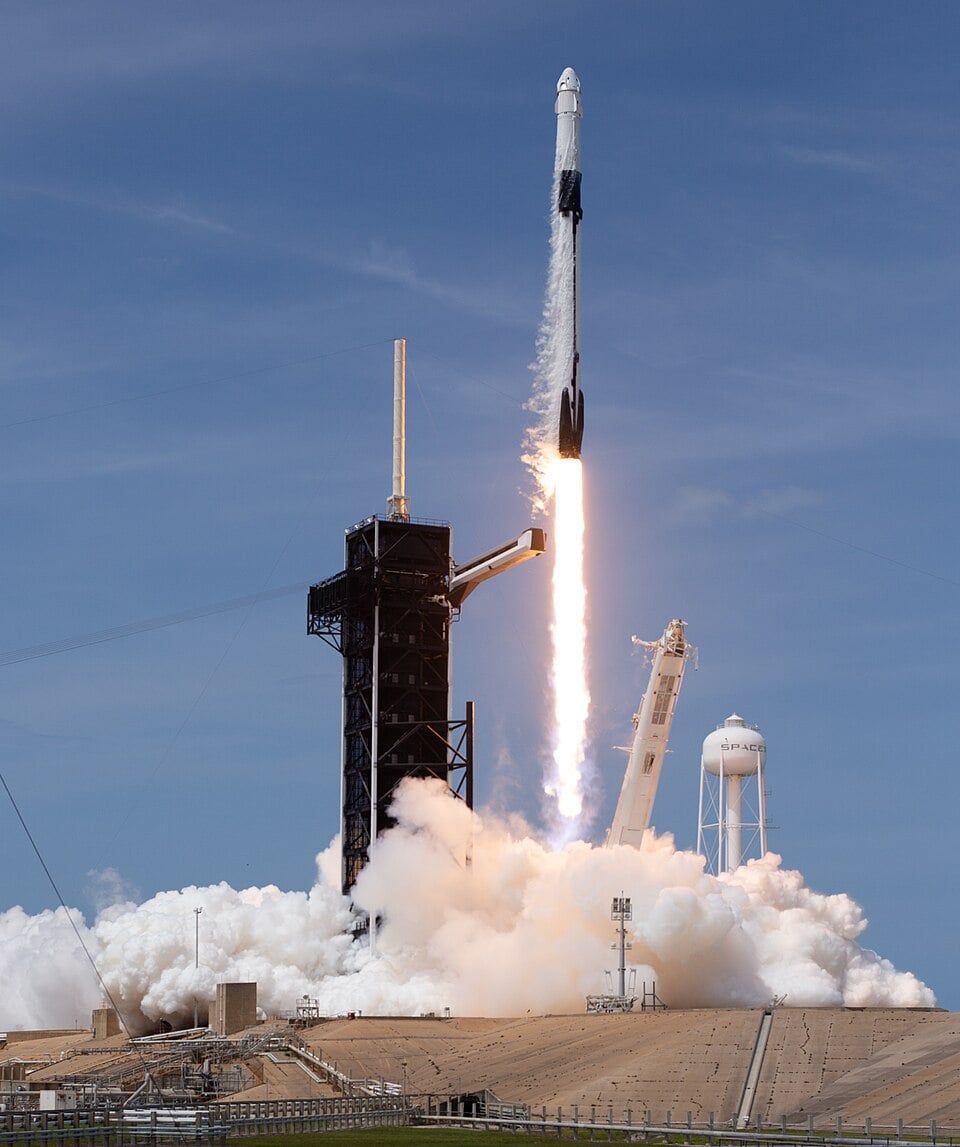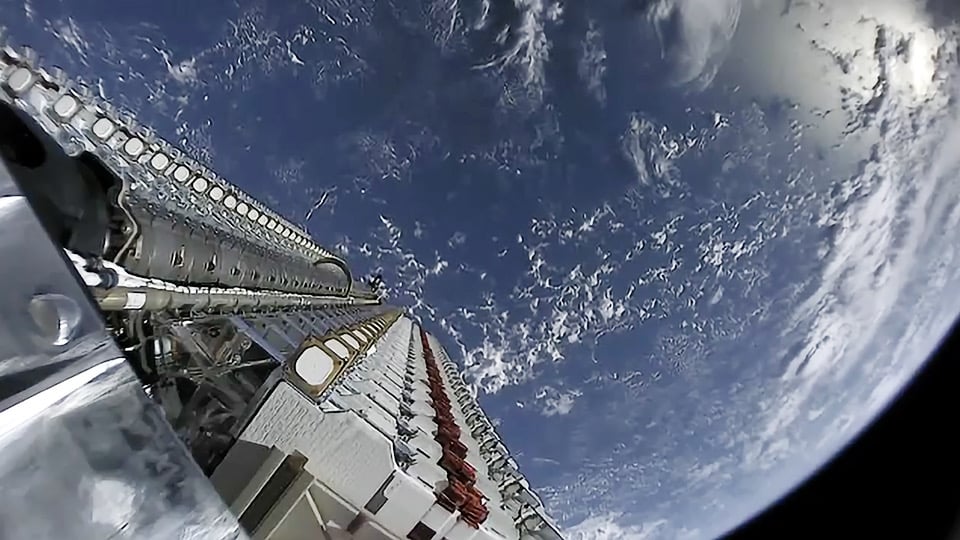Early one February morning in 2025, Adam Borucki discovered something extraordinary behind his warehouse in Poland, a charred metal tank, roughly 1.5 metres across, sitting in his back yard. It had crashed from space during the night, part of a SpaceX Falcon 9 rocket that failed to complete its controlled descent into the Pacific Ocean. The debris damaged some electrical equipment and a concrete block. Nobody was hurt, but the incident raised an uncomfortable question; who pays when a private company's space hardware crashes into your property?
The answer, surprisingly, isn't straightforward. A new analysis by Elisa Leoni examines how the 1972 Convention on International Liability for Damage Caused by Space Objects struggles to handle today's commercial space industry. The treaty was written when only governments launched rockets, and it shows. Under the Convention's rules, states bear international responsibility for damage caused by space objects, even when private companies operate them. If Borucki wanted compensation, Poland would need to file a claim against the United States as the "launching state," since SpaceX launched from California.
 Falcon 9 B1058 lifting off from Kennedy LC-39A (Credit : Joel Kowsky)
Falcon 9 B1058 lifting off from Kennedy LC-39A (Credit : Joel Kowsky)
This state to state framework creates significant problems in an era dominated by commercial spaceflight. Victims like Borucki have no direct legal recourse under international law. They must hope their government decides to pursue a claim on their behalf, a process that depends entirely on political willingness rather than legal right. The Convention offers no provisions for individuals or companies to seek compensation directly, leaving private citizens oddly vulnerable in the age of private space exploration.
The timing couldn't be more critical. Launch costs have plummeted over the past decade, triggering an explosion in orbital activity. Thousands of satellites now circle Earth, with companies like SpaceX deploying massive constellations. More launches mean more potential for debris to survive atmospheric reentry, yet the liability framework remains anchored to Cold War era assumptions about who operates in space and why.
 Deployment of Starlink Satellites by SpaceX (Credit : SpaceX)
Deployment of Starlink Satellites by SpaceX (Credit : SpaceX)
Leoni's research highlights how some nations are addressing these gaps through domestic legislation. Italy's 2025 Space Law introduces mandatory insurance requirements for space operators, allows victims to bring direct claims against insurers, and crucially grants Italian nationals the right to claim compensation from their own state even when no international claim is pursued. This creates a safety net that the international framework alone cannot provide.
The Polish incident illustrates what's at stake. SpaceX later explained that a liquid oxygen leak prevented the second stage from performing its deorbit burn, leading to the uncontrolled reentry.
Space debris reenters the atmosphere multiple times monthly. Most burns up completely, but larger pieces increasingly reach the ground. As commercial activity intensifies, the gap between existing international law and operational reality widens, leaving potential victims in a legal limbo that fifty year old treaties never anticipated.

